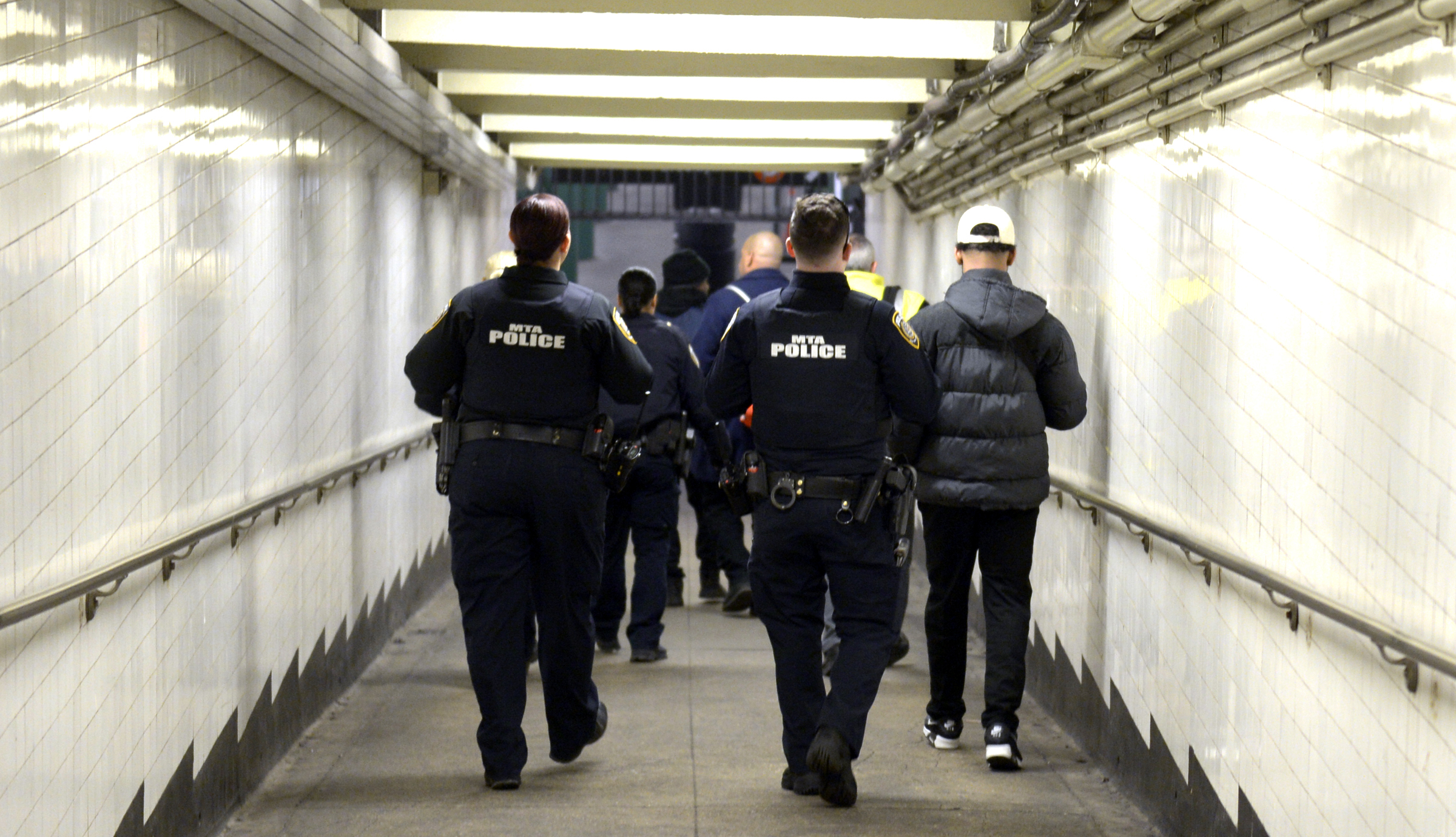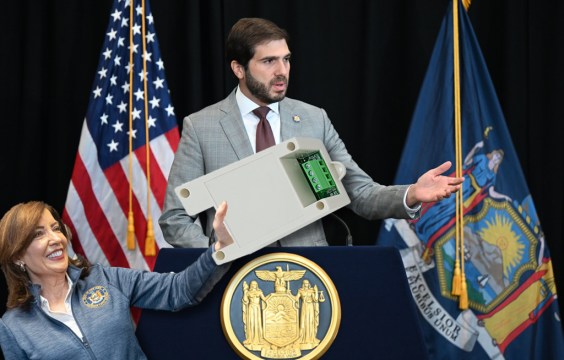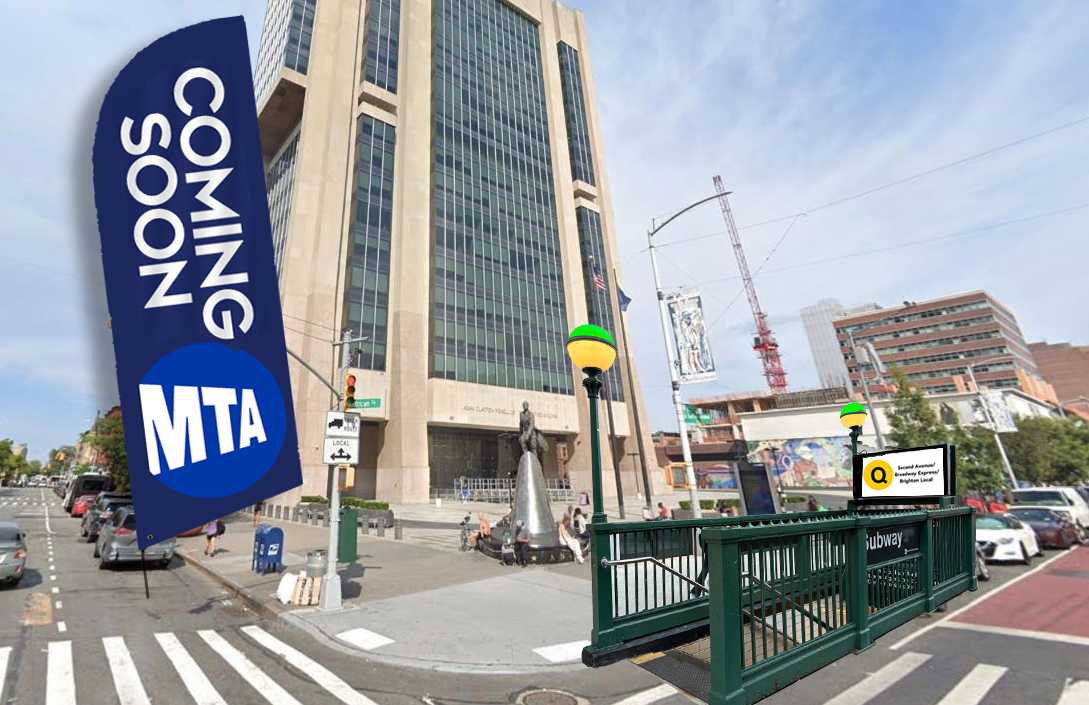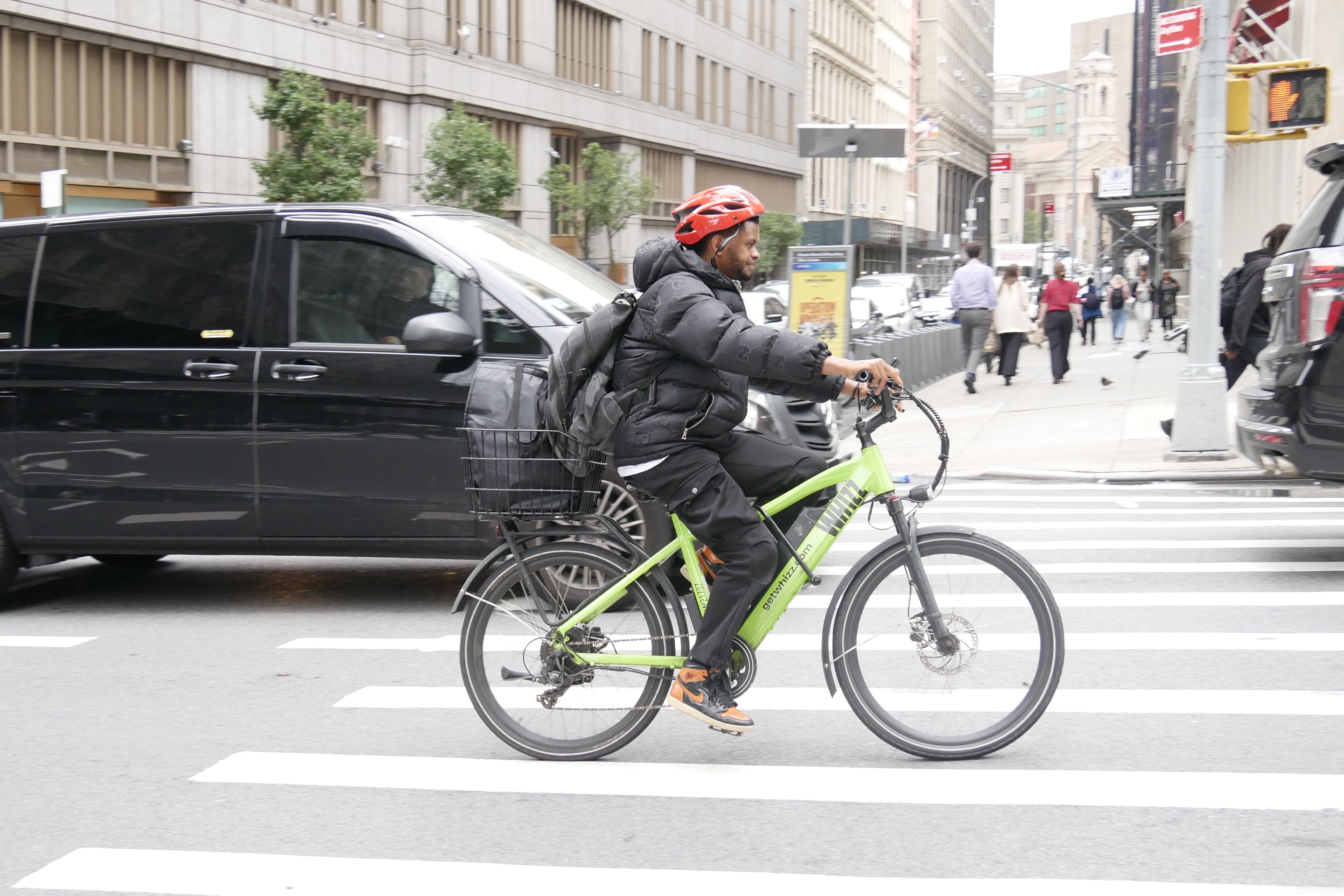Believe it or not, in many U.S. states one of the biggest obstacles to active transportation is in the constitution.
Embedded in the constitutions of 22 U.S. states are bans on spending gas tax revenues and/or vehicle registration fees on anything but highways and bridges. That means no matter how much practical value a sidewalk, busway, or bike lane would add, those projects must go begging for funds.
But thanks to the efforts of a broad coalition in Colorado, the number of states with constitutional restrictions on sustainable transportation spending is about to fall to 21. Governor John Hickenlooper will sign a bill tomorrow that opens up $250 million a year in state gas tax revenue to walking, biking, and transit projects.
Colorado-based transit and environmental advocates found a way to overcome the ban without the monumental effort and expense of a statewide referendum. And they're eyeing six other states around the Southwest with hopes for a repeat or two.
Colorado's constitutional amendment -- passed in 1935 -- states that gas tax revenues and vehicle registration fees can only be spent on highways and bridges. To make matters worse, the state had always depended on a narrow reading of the term "highways" to exclude local roads, sidewalks, and bike infrastructure, as well as transit.
Rather than try to overturn the rule, advocates in Colorado simply challenged the way it was being interpreted, said Will Toor, a former mayor of Boulder who helped lead the campaign as director of transportation at the Southwest Energy Efficiency Project.
"Fifteen years ago, a group of us began making the argument that that was really an inappropriately narrow interpretation," said Toor. "There are other places in the constitution that describe railroads as highways of the state."
In 2009, a coalition of transit advocates had a small breakthrough. The Colorado legislature wanted to pass a new vehicle registration fee, but lawmakers needed the political support of transit advocates. The transit coalition was able to win a small, but important, fraction of the funding for transit -- just $15 million out of $1.2 billion.
"That established the precedent that the legislature had more broadly interpreted the restriction," Toor said.
That was the impetus for Colorado Senate Bill 48, which the governor is due to sign tomorrow. Crucially, transit and environmental advocates framed SB 48 as an issue of local control, not a campaign to boost transit spending, says Toor. When they've tried to frame it as a transit issue in the past, it's been "extremely controversial," said Toor. This time, the law simply allows $250 million -- the share of statewide gas tax revenues that is directed to local communities each year -- to be spent on transit, biking, and walking. It does not require communities to spend it that way.
"The message was that the people that best understand the transportation needs are the ones that are the closest," said Toor. "Shouldn’t they been able to spend these dollars on what they see as their highest and best needs?"
That turned out to be a winning strategy that helped Toor and his fellow advocates raise a big tent. A diverse coalition of supporters, including the Colorado Municipal League and the Denver Metro Chamber of Commerce, threw support behind the measure.
"That was really the key step: moving this from something that was being pushed mainly by the environmental community into something that was really being advocated by local government organizations," Toor said. "They really saw this as a great tool to have additional flexibility with their funds."
Support for the measure was initially strong in the state legislature. The bill sailed through a Senate committee unanimously. Then it stagnated in the statehouse for a time while other legislative priorities moved forward, and the trucking and construction industries started lobbying against it. But ultimately it was difficult for opponents to overcome the wishes of local government leaders from all parts of the state. In the end, it passed along party lines, Toor said, with an amendment that limited transit operating expenditures to 15 percent.
Toor and his coalition are now looking to export their successful campaign to Arizona, Utah, and four other states in the region where constitutional restrictions inhibit sustainable, efficient transportation investments.







